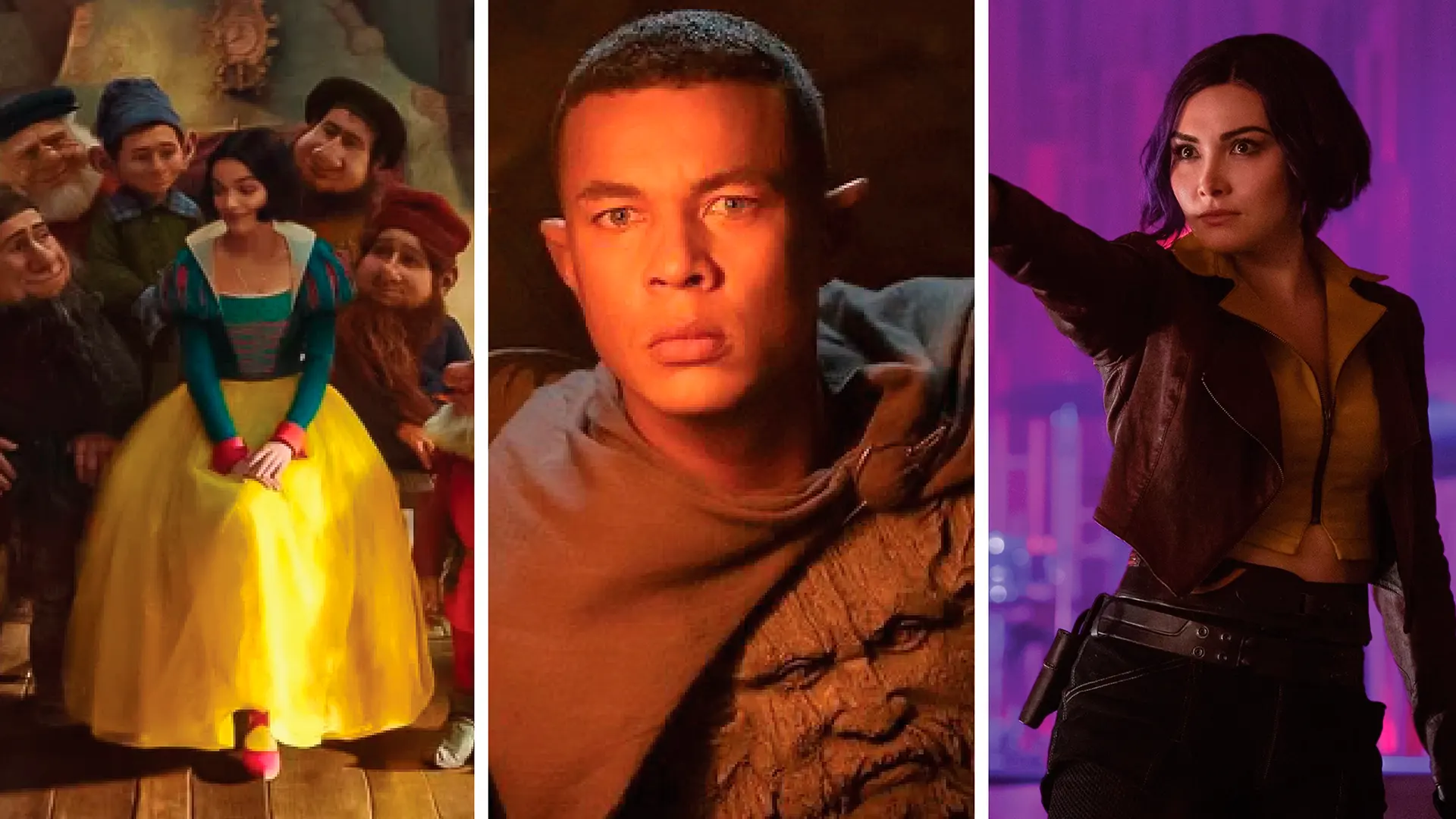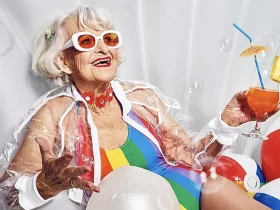By Jennifer Ariesta
“Go woke, go broke.” That phrase is becoming so oft-repeated in the current Hollywood landscape. It’s gained prominence among general public unhappy about Hollywood’s penchant to insert misguided political correctness in the movies.
In the last decade, more and more Hollywood productions are being labeled “woke” or “PC” – short for politically correct – and not as a compliment. The criticisms emerge as Hollywood works toward making their films more diverse and inclusive – telling stories that go beyond the traditionally straight, white and male-centric conceits.
That in itself is a good thing, necessary in fact. Hollywood has historically been averse to portraying stories centered on women, non-white, and LGBTQIA+ because they were deemed less profitable. The successes of Black Panther, Crazy Rich Asians, andPixar’s Coco upended this outdated notion. However, in typical Hollywood fashion, they took the wrong lesson out of these movies.
More and more big budget movies prioritize political correctness over good storytelling. The lackluster, heavily rehashed writing is coated with social justice messagings in an attempt to appeal to the current generation. Trying to cash in on nostalgia, studios keep repackaging old classics with updates that “reflect the modern world.” Star Wars sequel trilogy, Terminator: Dark Fate and Amazon’s The Rings of Power got tons of flak for their focus on highlighting progressive choices (inclusive casting, timely political messaging) while the storylines fail to impress. The moves are seen as pandering, mere corporate strategies to appeal to the growing liberal society instead of genuine attempts to tell stories about minorities.
Hollywood’s social justice activism also contributes to the growing discontent. Actors and filmmakers are getting more outspoken, but with surface-level understanding of the subject matters. In the media, they routinely make controversial statements that have little to do with the craft. Worse, the remarks are often laced in a tone that fans consider disrespectful to what came before. Such was the case with Snow White star Rachel Zegler, whose viral take on the 1939 animation caught so much heat that Disney had to delay the movie to 2025.
Meanwhile, people continue to embrace movies that evade such a thing. In 2022, Top Gun: Maverick surpassed expectations and made nearly $1.5 billion worldwide for its crowd-pleasing, feel-good joyride. The entire movie never once specified what nation their enemies were from. Avatar: The Way of Water made over $2 billion with a family-friendly epic adventure.
Political correctness in movies backfires partly because people can no longer agree on what’s “correct”. An attempt to draw the line simply creates polarization. With Hollywood relying more and more on international grosses to break even, this becomes even trickier. Last summer, The Little Mermaid’s failure in Asia was blamed on Asians rejecting a black mermaid. While Hollywood celebrated a black Disney princess, Asians were accused of racism when many simply felt disconnected to Halle Bailey’s Ariel, having grown up with the redheaded iteration. The racism condemnation didn’t help matters, stoking even more anger and rejection.
Meanwhile, time and time again, great films come out and prove that true authenticity – not PC pandering – actually works. Case in point: Spider-Man: Into the Spider-Verse and its sequel Across the Spider-Verse. Featuring a Black Latino Miles Morales at the center, the films were praised for its sharp writing and vibrant cultural representation. Likewise, Barbie became a box office bonanza even though it depicted feminism and toxic masculinity, two of the most controversial current issues. Thanks to its sensitive writing, the film never verged into “us vs them” territory, something that most movies failed to do.
At the end of the day, it is proven that political correctness is no substitute for good writing. Audiences flock to see characters they can relate to and stories that inspire them, regardless of gender, race, ideology or identity. They are more discerning than studios give them credit for. A good story will always find its place, political correctness be damned.






































Leave a Reply